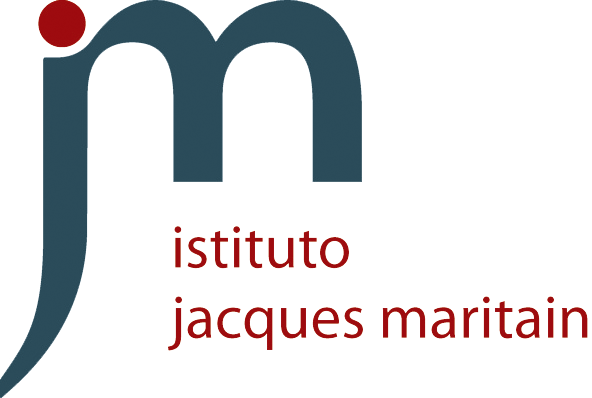Aristotelismo e identità umana. Alcune considerazioni intorno alla posizione di Tommaso d’Aquino

L’identità dell’uomo è stata al centro di un vivace dibattito filosofico, nella seconda metà del
tredicesimo secolo, sollecitato dall’esigenza di misurarsi con quello che gli studiosi chiamano il
“Ritorno di Aristotele in Occidente”. Dal punto di vista antropologico il De anima presentava
due problemi: l’anima viene definita come un principio esclusivamente biologico; inoltre, il
possesso dell’intelligenza e la corporeità appaiono come due elementi tra loro opposti. Così,
appare difficile coniugare un’antropologia di ispirazione aristotelica con la possibilità di definire
l’uomo come un’unità di aspetti intellettivi e corporei. L’autore intende mostrare come
Tommaso d’Aquino ha utilizzato la definizione aristotelica di anima con l’intento di farne il
centro dell’unità sostanziale dell’uomo. Il saggio si sofferma anche sul modo in cui Tommaso
ha assunto l’idea aristotelica di “soggetto”, che nelle Categorie Aristotele utilizzava per descrivere
l’ente in quanto composto e diveniente. In virtù di tale concetto, Tommaso d’Aquino può
sostenere che la “soggettività” dell’uomo è soprattutto il segno del fatto che egli è perfettibile,
anche dal lato spirituale. È esattamente questo l’aspetto che rende l’etica del tutto connaturale
allo spirito umano. Attraverso la presentazione della proposta di Tommaso, viene messo in evidenza un modo di concepire l’uomo che non è affatto esente da aporie e ambivalenze, ma che ha indubbiamente offerto una pista di ricerca che non è possibile trascurare, se si vuole riconoscere all’uomo, a tutto l’uomo, lo statuto di “persona”.
The man’s identity has been at the center of a lively philosophical debate in the second half of the
Thirteenth century, prompted by the need to compete with what scholars called the “Return of Aristotle in the West”. From the anthropological point of view, the Aristotle’s De anima seemed affected by two problems: the soul is defined like a biological principle exclusively; in addition, the possession of intelligence and physicality appear as two opposite to each other. Thus, it appears difficult to combine an anthropology inspired by Aristotle with the possibility to define man as a unit of intellectual and bodily aspects. The author aims to show how Aquinas used the Aristotelian definition of the soul, with the intent to make it the center of the substantial unity of man. The paper also looks at the way in which Thomas took the Aristotelian idea of “subject”, that Aristotle used in the Categories to describe being as something composed and becoming. Therefore, Aquinas can argue that the “subjectivity” of man is above the sign that he is in the path of perfecting himself, even from the spiritual side. It is precisely this aspect that makes the ethics effectively connatural to the human spirit. Through the presentation of Aquinas proposal, it is highlighted a way of understanding the man who is not free from ambiguities and aporias, but that has undoubtedly offered a track of research that can not be neglected, if we want to recognize the man, the whole man, as a “person”.
